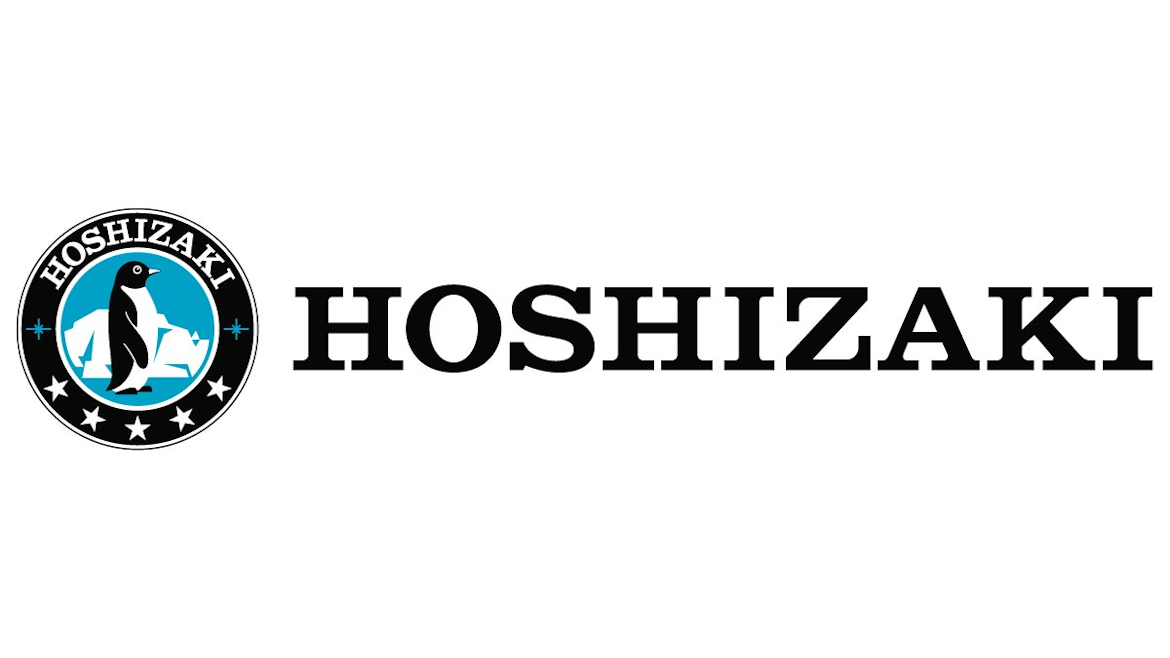Hey Austin homeowners! Is your A/C bill skyrocketing, and you’re not sure why? By understanding the factors that influence your air conditioning costs, such as the size of your A/C, your home, and the quality of your insulation, you can take control of your energy usage. As the warm Austin summer approaches, McCullough Heating & Air Conditioning guides you through these factors. We’ll also share practical tips you can implement immediately, empowering you to reduce energy usage and keep more money in your pocket.
Ways You Calculate Your AC Costs
[/vc_column_text][/vc_column][/vc_row]
- Calculating your A/C’s Energy Efficiency Ratio (EER) is more straightforward than you think. All you need are your unit’s Britain Thermal Units (BTUs) and your unit’s power in watts, which can be found in the manual or printed on the unit. Divide your BTUs by the unit’s power in watts, and voila! You now have your unit’s clear understanding of your A/C unit’s efficiency.
- Another way is to calculate your Seasonal Energy Efficiency Ratio (SEER). This ratio measures your A/C unit’s efficiency. It is more commonly used and advertised by A/C unit manufacturers. It considers a unit’s performance over an entire cooling season. To find the SEER of your A/C unit, divide the total cooling output in BTUs over a season by the total energy consumption in watt-hours over the same period.
- The most popular way to calculate A/C costs is to find how much your A/C costs per hour, month, or year. To determine how much your A/C costs per hour, multiply the unit wattage by the average price per watt-hour and divide that by 1,000. According to the United States Energy Information Administration, the average cost of electricity in August of 2023 was about $0.15. Let’s assume the typical A/C unit has a wattage of 1,500. The calculation would look like this:(unit wattage x average cost per watt-hour)/1000 → (1,500 x 0.15)/1000 = $0.23 per hour. *The cost varies depending on where you live. You can also calculate your monthly and yearly A/C costs using the formula above.Monthly: (unit wattage x hours of use per day x days per use x average cost per watt-hour)/1000 → Ex: (1,500 x 8 hours x 30 days x 0.15)/1000 = $54 per monthYearly: (unit wattage x hours of use per day x days per use per year x cost per watt-hour)/1000 → Ex: (1,500 x 8 hours x 180 days x 0.15)/1000 = $324
Average Cost to Run Central Air Conditioning Units
- Central Air Conditioning Units: Larger homes often have a central A/C unit that cools the house using a duct system. The unit is controlled using a thermostat and automatically adjusts for efficiency. These costs are estimates depending on your unit’s size and your home’s size.
*The table above assumes the electricity rate is 0.15, and the A/C runs 8 hours daily.
What Affects the Cost of Running Your A/C Unit?
Many different factors can fluctuate the cost of your A/C each month. Some include:
- A/C Unit and Efficiency: The higher the unit’s SEER is, the more cost-effective it is. Larger units usually consume more energy and cost more.
- Temperature and Humidity: A/C units work harder when the temperatures and humidity are high. Extreme heat can cause it to work 24/7 and lead to unit damage.
- Size of Your Home: The larger the home, the more it will cost to cool each month. Mini-splits are an excellent option to help reduce the amount of space your unit works to cool at once.
- Usage Habits: Your bill can increase tremendously when the unit is frequently adjusted or left running while no one is home.
- Thermostat Settings: Keeping your thermostat at lower temperatures in warmer weather can cost more.
- Insulation and Air Flow: Poor insulation or air flow can make your unit work harder, increasing costs.
- Local Cost of Electricity: You may live in an area with high costs, which can make it more expensive to run your A/C.
- Maintenance: Clogged filters, duct leaks, dirty vents, and expired cooling liquid could significantly reduce your A/C’s efficiency.
Tips on How to Stay Cool While Keeping Your Money in the Bank
Here are some ways to become more cost-effective with your A/C unit during the summer:
- Raise the Temperature: Adjusting your thermostat a few degrees higher can significantly lower energy consumption.
- Use Fans: Fans consume up to 10 times less energy than air conditioners and help circulate cool air, easing your AC’s workload.
- Upgrade Your Thermostat: Install a programmable thermostat to schedule different temperature settings throughout the day.
- Maintain Your Unit: Regular maintenance can enhance your AC’s efficiency and lifespan.
- Draw the Blinds: Keep curtains or blinds closed to prevent sunlight from heating your home.
- Close Windows and Doors: When the AC is on, close windows and doors to keep cool air inside.
- Insulate: Proper insulation in your attic, walls, windows, and basement helps retain cool air and block out the heat.
- Upgrade Your Unit: Consider an Energy Star appliance, which is more energy-efficient than older models.
- Cook Outside: Minimize indoor cooking, which heats your home. Grill outside whenever possible to reduce the load on your AC.
- Conduct an Audit: A home energy audit can identify areas where your home loses energy efficiency.
Take advantage of these tips to reduce your A/C costs this summer! McCullough Heating & Air Conditioning is here for your A/C unit needs. Stay cool this summer, and enjoy the savings!
Whether you require installation, repair, or maintenance, our technicians will assist you with top-quality service at any time of the day or night. Take comfort in knowing your indoor air quality is the best it can be with MOE heating & cooling services Ontario's solution for heating, air conditioning, and ventilation that’s cooler than the rest.
Contact us to schedule a visit. Our qualified team of technicians, are always ready to help you and guide you for heating and cooling issues. Weather you want to replace an old furnace or install a brand new air conditioner, we are here to help you. Our main office is at Kitchener but we can service most of Ontario's cities
Source link




Add Comment